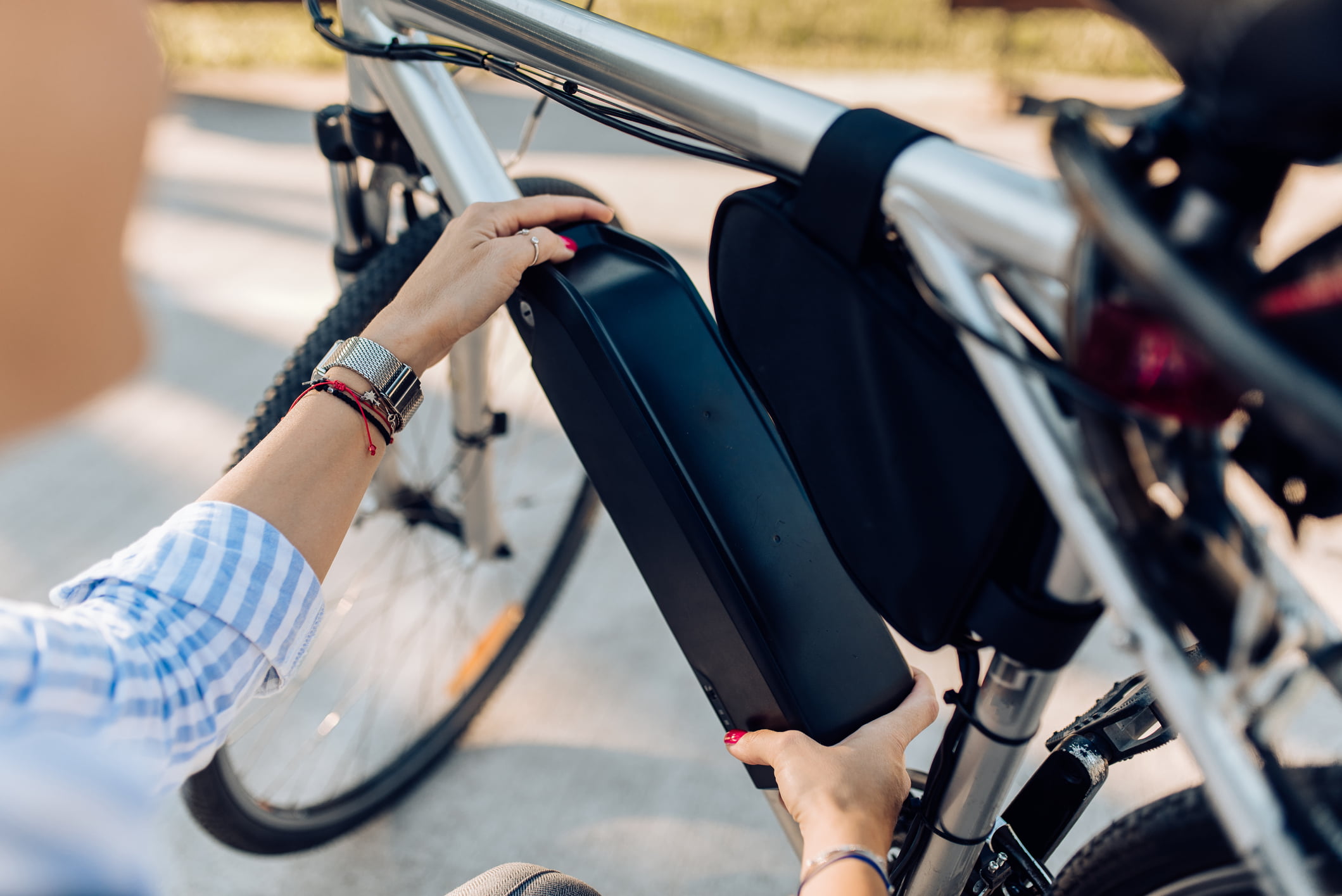Most ebikes will offer you 25-100 miles of pedalling power on a single charge, depending on the model of the bike and how you ride it. Electric bikes can be plugged into a normal power socket, for example in your home, garage or workplace, so if you are doing a longer journey you can in time to top up the battery.
If you run out of battery, the bike will still work as a regular bicycle, although ebikes do tend to be heavier as they have the electric motor and battery on board. In certain instances, it may make sense to carry a spare battery or embrace the benefits of an additional workout!
It’s important to remember that cycling an ebike on maximum power-assistance will drain the battery quicker than cycling on eco mode. You may find that the eco mode provides enough power-assistance for most of your journeys.



